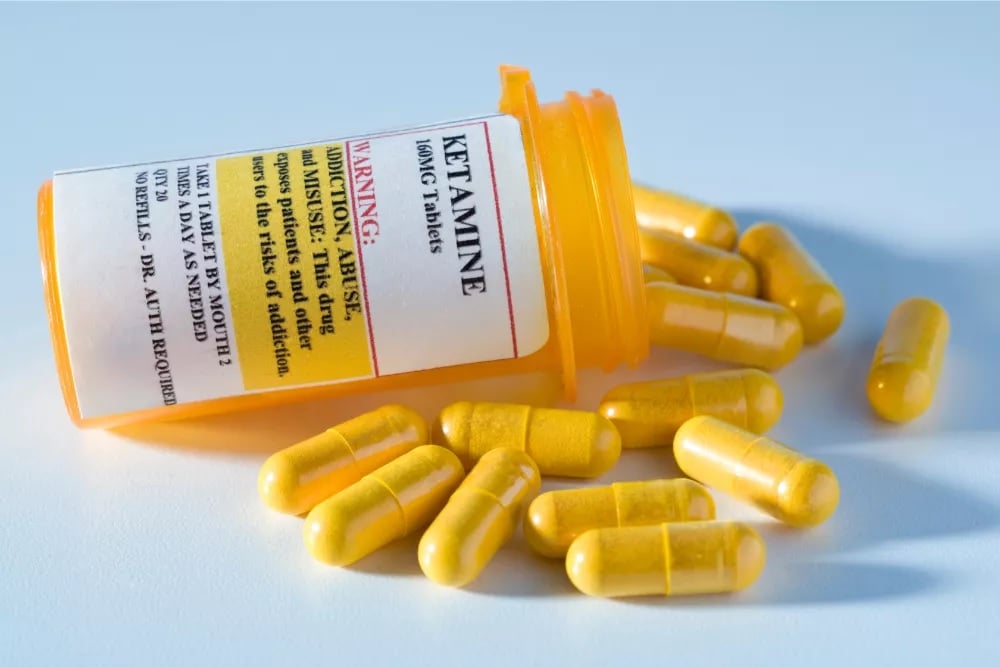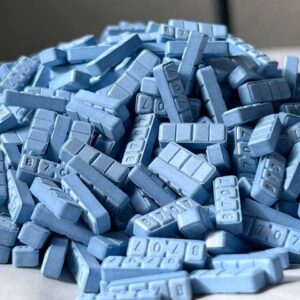What is Ketamine
Ketamine is a dissociative anesthetic used medically for induction and maintenance of anesthesia. It is also used as a treatment for depression and in pain management. Ketamine is an NMDA receptor antagonist which accounts for most of its psychoactive effects.buy-ketamine-online
What is ketamine’s drug used for?
Ketamine is used by doctors and vets as a pain killer, sedative and sometimes to treat depression. It’s also used illegally as a hallucinogen. Ketamine causes users to feel happy and relaxed, but can also cause unwanted mental and physical effects. Ketamine overdose can be fatal.buy-ketamine-online
What are the benefits of ketamines?
Ketamine is a treatment for depression which has not responded to other treatments. A rapid antidepressant effect has been demonstrated in many clinical trials of single intravenous infusions over the last 20 years in patients with depression which has not responded to at least 2 or 3 antidepressants.buy-ketamine-online
Treating status epilepticus
Status epilepticus is when a person has a seizure that lasts longer than 5 minutes or has more than one seizure within 5 minutes.
Refractory status epilepticus (RSE) is a form of status epilepticus that does not respond to standard antiseizure drugs. It is a severe disease that can cause brain damage and death.
A 2015 study found that ketamine may effectively treat RSE. However, further research is necessary to verify the study findings and prove the safety of using ketamine to treat this condition.
Ketamine and alcohol
No person with alcohol abuse disorder or alcohol intoxication should take ketamine, even in doctor-prescribed doses, as it can causeTrusted Source death. Both alcohol and ketamine are central nervous system depressants, so the combined effects are dangerous.
Ketamine and other drugs
The following adverse drug interactions are possible:
- Theophylline (Theo 24) or aminophylline (Norphyl): These drugs treat airway obstruction in people with asthma and chronic obstructive pulmonary disease. Taking one of them together with ketamine may lower the threshold for seizures, which would increase their risk.
- Vasopressin (Vasostrict): This class of drugs constricts blood vessels and helps treat low blood pressure. Because ketamine also has this effect, a doctor should prescribe a lower dose to avoid the dangers of too much blood vessel constriction.
- Central nervous system (CNS) depressants: The CNS consists of the brain and spinal cord. Drugs that suppress CNS action include benzodiazepines, which are antianxiety medications, such as diazepam (Valium), or opioid pain relievers, such as oxycodone (OxyContin). Taking one of these with ketamine may result in profound sedation, coma, and death.
Aside from the above drug interactions, a 2017 studyTrusted Source reports that taking ketamine with amphetamine-like stimulants can produce undesirable effects.






Reviews
There are no reviews yet.